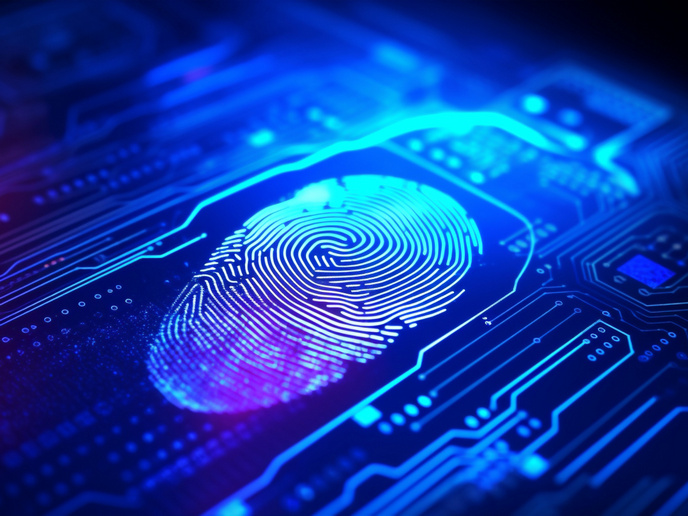Fingerprints may not be unique
No two fingerprints are alike on one person’s hand. AI says we could be wrong all this time – kind of. A team led by engineering undergraduate Gabe Guo at Columbia University in the United States (US) built a new AI and used it to turn the world of forensics upside down. Unique-looking fingerprints that belong to the same person are more similar than previously thought, according to findings published in ‘Science Advances’(opens in new window).
Challenging long-held beliefs
To figure out which fingerprints belonged to the same individual, the engineers fed a publicly available US government database of 60 000 fingerprints into the AI-based system two at a time. Half of the pairs belonged to the same person, but different fingers. The other half were from different people. They continued to tweak the AI, and it got better at determining when unique fingerprints belonged to the same person and when they didn’t. It worked out which were pairs and which weren’t. Accuracy for a single pair from the same individual peaked at 77 %. Accuracy was much higher when from multiple pairs, “potentially increasing current forensic efficiency by more than tenfold,” according to a video(opens in new window) posted by the university. Guo and the team, with no background or training in forensics, had no clue how the AI was doing this. “We don’t know for sure how the AI does it,” Hod Lipson, a roboticist and professor at Columbia University who supervised the study, told the ‘BBC’(opens in new window). “It is clear that it isn’t using traditional markers that forensics have been using for decades. It seems like it is using something like the curvature and the angle of the swirls in the centre.”
Can the AI crack criminal cases?
Guo told ‘CNN’(opens in new window) that he believes criminal investigations can benefit from the system. “The most immediate application is it can help generate new leads for cold cases, where the fingerprints left at the crime scene are from different fingers than those on file. But on the flip side, this won’t just help catch more criminals. This will also actually help innocent people who might not have to be unnecessarily investigated anymore. And I think that’s a win for society.” He even looks to a future beyond fingerprints. “This isn’t just about forensics, it’s about AI. Humans have been looking at fingerprints since we existed, but nobody ever noticed this similarity until we had our AI analyze it. That just speaks to the power of AI to automatically recognize and extract relevant features.” Scientific discoveries by non-experts exploiting fairly simple AI is just the tip of the iceberg. “We’re going to see people using AI to discover things that were literally hiding in plain sight, right in front of our eyes, like our fingers,” comments Guo.



